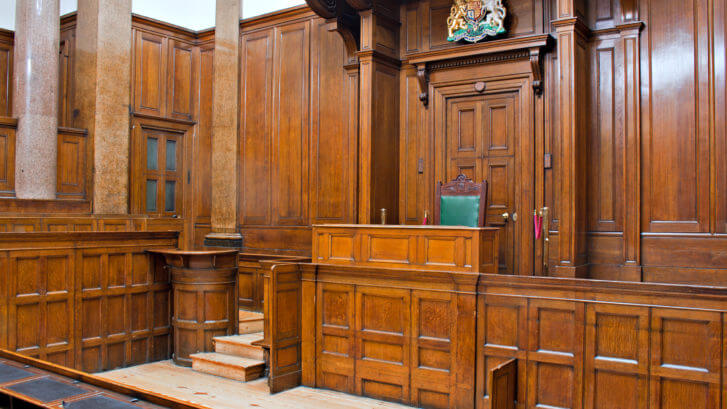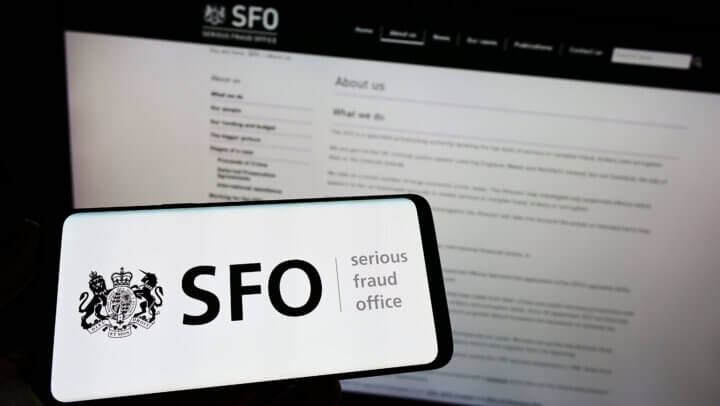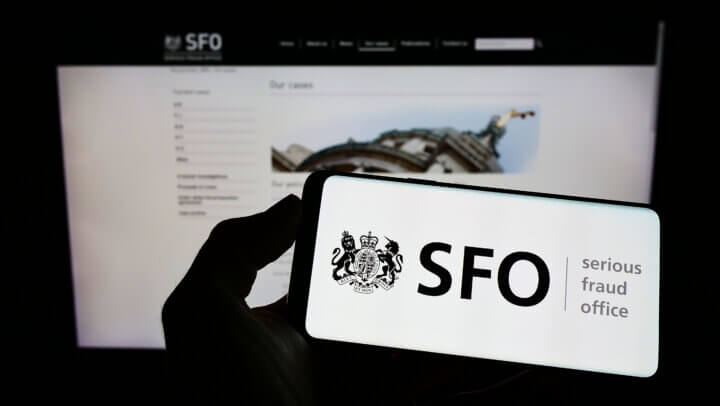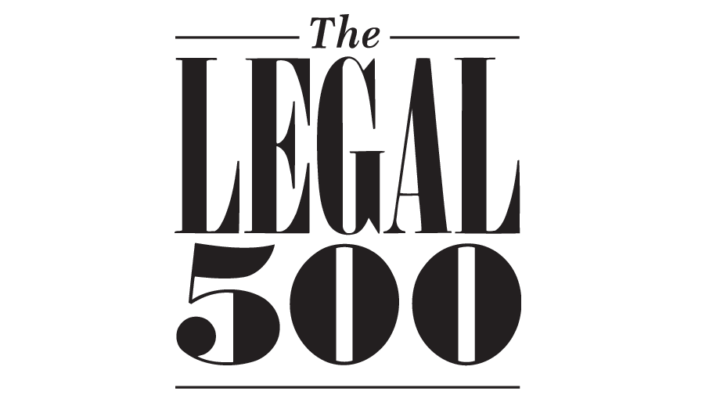The shock of a criminal conviction, and/or a harsher than expected sentence, can make it hard to think clearly about the options for what to do next. Where a trial and mitigation has been carefully and properly prepared, the advisers who have helped throughout the case will usually be the best placed to say whether there are grounds for an appeal. In some cases the defendants and their family members will want to take a second opinion, but this is never cheap or easy, and time is always of the essence.
Should we lodge an appeal?
The rules and time limits that apply in these circumstances do not make it easy to appeal. When seeking to challenge a conviction, it will never be enough simply to point to the jury’s decision and assert that it was wrong. The judge’s legal rulings and summing up should be considered, as well as any fresh evidence that was not available at the time. When seeking to challenge a sentence, close attention should be paid to any applicable guidelines, and the question of whether it was ‘manifestly excessive’.
Alongside these all-important questions of appeal, defendants and family members should also not lose sight of other issues that need to be considered at the same time. In particular, wherever there is a conviction for an acquisitive offence (one from which the defendant is held to have received a financial benefit), the court will also have to consider a confiscation order. The early steps in that process – which are likely to include preparing a statement of the defendant’s assets – are both important and complex, and will need careful attention as well.
What does confiscation mean for us?
Regrettably, often defendants and their families can be unprepared for the process of confiscation in particular. In part that may be because they have naturally hoped for an acquittal, but it can also be because the process works in a way that few would expect. Despite the name, it is not about confiscating assets that are identifiably the proceeds of crime. In many cases, a convicted defendant will face an order quantified by reference to all of his available assets – plus, importantly, any assets he has transferred for no value (or for less than they were worth) to someone else (so-called ‘tainted gifts’). The process can cause severe injustice, both to the convicted defendant and to third parties, including people who co-own property with defendants or who are recipients of ‘tainted gifts’.
Do we need to see a specialist?
The challenge then is for defendants and their families to ready themselves, mere days or weeks from the events of conviction and sentence, for another important and difficult fight. In practice the nature of the confiscation process is often about a defendant having to rebut draconian laws and arguments that make assumptions about their ‘criminal lifestyle’, the benefits they have received, and the assets they have available. In some cases, the process can be cut short by gathering the best evidence and the arguments to force a favourable settlement with the prosecutor. In others, the work can take months and may be as hotly contested on both sides as the trial itself.
Few defendants or families will relish the prospect of another protracted battle, especially if they are meanwhile pursuing avenues of appeal (which, if successful, could make confiscation irrelevant). But the stakes are high enough in the confiscation process – not just in terms of assets, but in the form of tough default sentences if orders are unpaid – that simply giving in cannot be an option. Equally, however, no one should underestimate the nature of the challenges that can face a defendant at this time. Now, more than ever, is the time for them to get specialist advice to help them fight their corner.
If you’d like to discuss any of the issues raised in this article with one of our solicitors then please get in touch in the strictest confidence.
Author:




